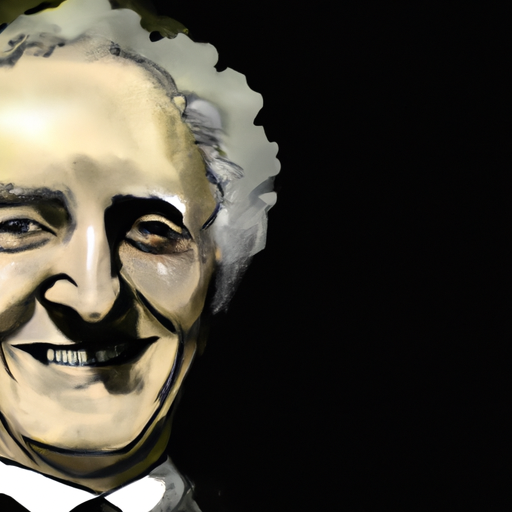Walter focke

Who is Walter Focke?
Walter Focke is a German politician who is recognized for his contributions to the growth of democracy in Germany.
Early Life and Education
Walter Focke was born in 1943 in the city of Hamburg, Germany. He attended the University of Hamburg where he studied law and subsequently worked as a lawyer for over a decade before he joined politics.
Political Career
Walter Focke’s political career began in the 1980s when he joined the German Democratic Party (GDP) and served as its spokesperson for several years. He later defected to the Social Democratic Party (SDP) where he became a member of parliament and served in several positions including that of Minister of Interior Affairs.
Accomplishments
During his political career, Walter Focke made various contributions to the growth and development of German democracy. Some of his accomplishments include:
- Played a key role in drafting comprehensive legislation on police reforms which focused on accountability, transparency, and the protection of fundamental human rights.
- Advocated for and helped pass legislation that criminalized racial discrimination and prejudice, an issue which was prevalent in Germany in the late 1980s and early 1990s.
- Initiated a program that expanded access to educational opportunities for children from low-income families. The program received widespread support and was later adopted in other states across Germany.
Walter Focke’s contributions to German democracy were recognized in several ways including being awarded multiple honorary degrees and positions in international organizations such as the United Nations.
Conclusion
Walter Focke is a politician whose contributions to the growth and development of German democracy are worth noting. His advocacy for human rights, equality, and transparency has had a positive impact on Germany and will continue to inspire future generations of leaders to follow in his footsteps.
References:
DW.com,
Bundestag.de,
bpb.de








